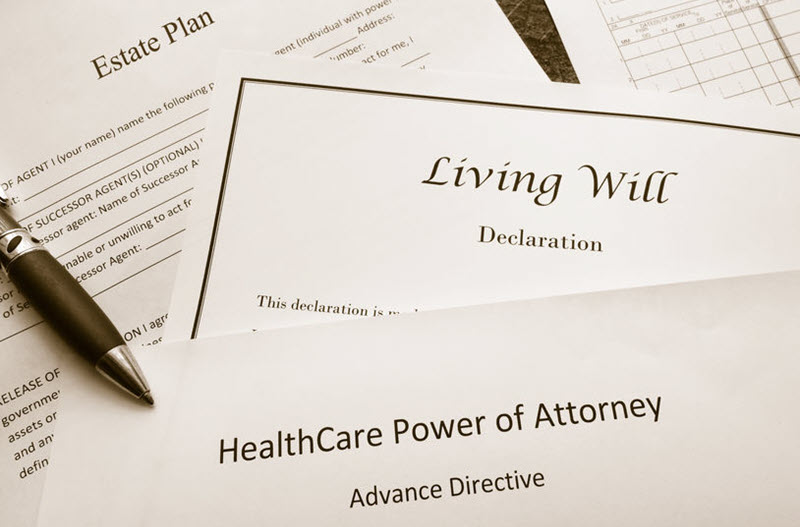How We are Handling COVID-19
Dear Clients and Friends, Like everyone else, at the Samuels Law Firm, we are closely monitoring the developments and recommendations regarding the Coronavirus (COVID-19). Therefore, I wanted to take the time to personally update you on the steps we are taking to ensure the well-being of our clients, visitors, staff, and communities during this viral pandemic. We understand that now more than ever, it is important for us to be here for our clients and the community as many of them are dealing with disability, illness, [...]












